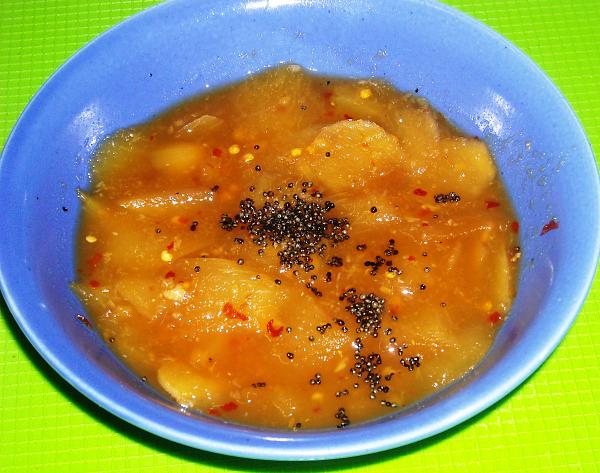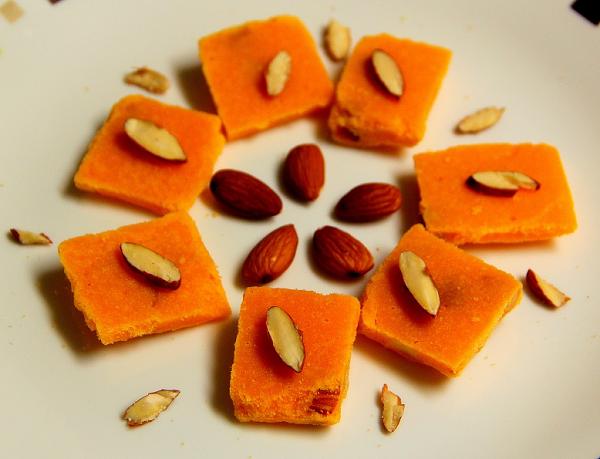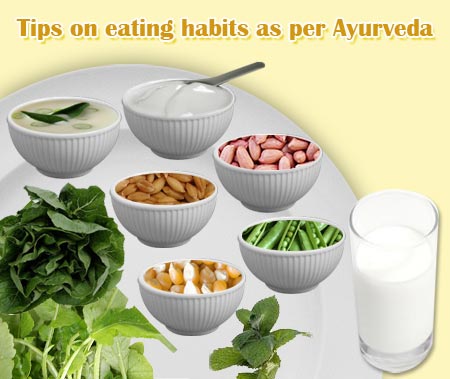Its 6 am, Suman wakes up, she prepares her children’s’ tiffins and packs her husband’s lunch. In the morning madness, she suddenly remembers she has not eaten anything. Quickly grabbing a toast and a glass of packaged juice, she leaves for work.
Sounds all too familiar? Well, you are not alone. Though we’ve all been drilled about the significance of eating ‘breakfast like a king’ from childhood, it is not always possible to indulge ourselves in the morning. The fact, remains that just as for kids, breakfast is the most important meal of the day for adults, one meal that should never be skipped.
Significance of Eating Breakfast
A full and nutritious breakfast not only fuels your body for the day ahead, it also helps in managing your weight. If you skip this meal, hunger pangs make you feels starved by noon, causing you to overeat at lunch, which in turn makes you sluggish, and pile on the calories. A healthy breakfast improves concentration, provides energy, boosts your activity levels and helps in lowering cholesterol.
What Makes an Ideal Breakfast
A healthy breakfast should have appropriate amounts of carbohydrates, proteins, vitamins and minerals, and some healthy fat too. Pick out at least one food from each of these categories and you’ll never go wrong with your breakfast:
- Whole-grains: Can be had as cereals, toast (brown bread), muffins, pancakes, muesli, oats, porridge, crackers, etc. A Harvard study shows that people who eat cereals for breakfast lose weight more consistently than those who don’t. Your ideal cereal should have at least 5 grams of fiber.
- Lean protein: Go for poultry, fish, peanut butter, eggs, poha, aiming for at least 5 grams protein content. An egg contains 6g of protein and 72 calories, and has been recommended by the Journal of American College of Nutrition as ideal food which makes one feel satisfied for long.
- Vitamins and minerals: Have fruits and vegetables. Fruits eaten raw are better than juices which take away the fiber content.
- Calcium: Include milk, cheese, paneer, curds, and fortified orange juice.
Some Quick Breakfast Options
If you are out of time and effort, you may try these quick breakfast options:
- Vegetable sandwich with boiled eggs
- Oatmeal with fruit and curd smoothie
- Toast with scrambled eggs and a fruit
- Cereal sprinkled with dry fruits, and a glass of orange juice.
- Dosa/idli – All South-Indian items are high in proteins and fiber
- Crackers or toast with peanut butter
- Suji idli with yoghurt
- Patties made from boiled beans and vegetables, and dry fruit milkshake.
- Cheese toast with fruits
Tarla Dalal recommends baked poha, bhurji, bajra roti, buckwheat pancakes and fruit and veggie salads as ideal breakfast options.






